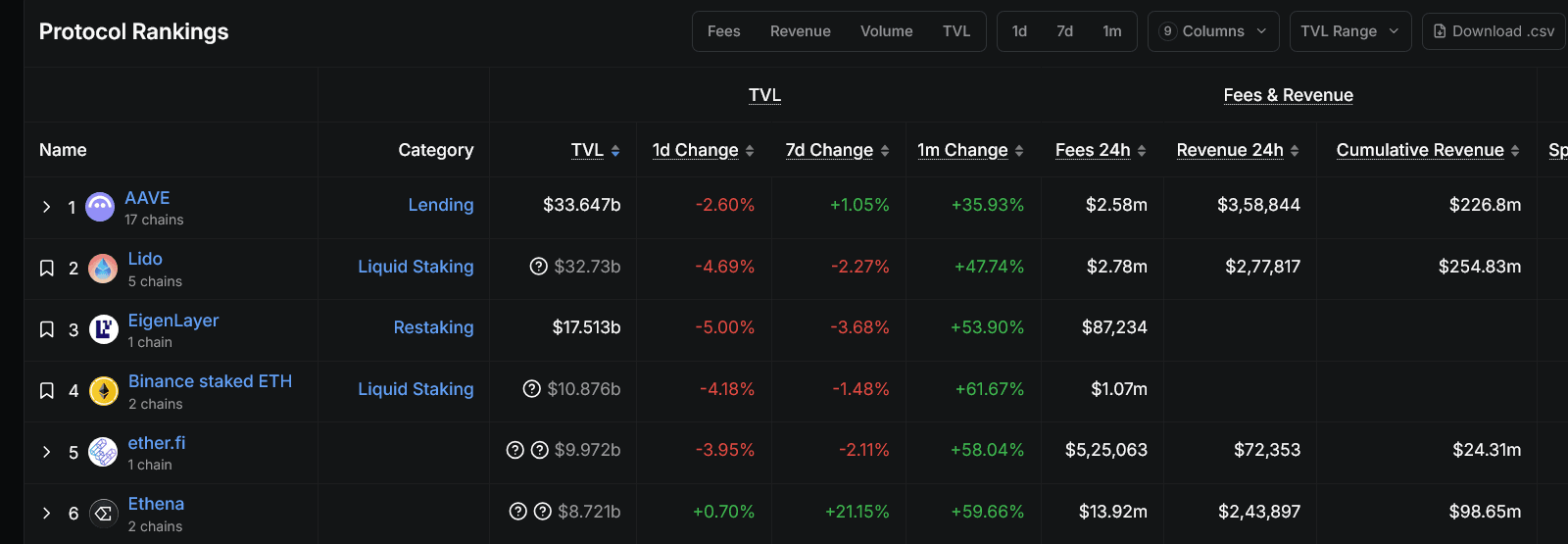Ethereum Prepares Layer 1 zkEVM to Validate Blocks with ZK Proofs
- zkEVM L1 will bring ZK proofs to Ethereum core
- ZK proofs can replace transaction re-execution
- Ethereum Foundation Reorganizes Teams to Accelerate Adoption
Ethereum developers are planning to integrate zero-knowledge proofs directly into Layer 1 of the network, through an optional version of zkEVM, with the goal of transforming block verification into a process based on cryptographic proofs rather than transaction re-execution.
The Ethereum Foundation has recently announced the plan of launching an L1 zkEVM.
The Ethereum Foundation proposes a path to launch an L1 zkEVM in under a year.
The idea is to start with offchain proof verification by validators, using zk clients to validate execution instead… pic.twitter.com/pEgueSwEyT
— Kingjami 🎒 (@__cryptowizard) July 11, 2025
The proposal, detailed by protocol engineer Sophia Gold in a post titled "Submitting a zkEVM L1 #1: Real-Time Proof," envisions a system in which validators can confirm blocks by analyzing three independent zk proofs. The technical goals include latency of less than 10 seconds for 99% of blocks, proof size under 300 KiB, and execution possible on hardware costing up to US$100, with a maximum power consumption of 10 kW.
Initially, only a small number of validators are expected to adopt zkEVM clients. However, as trust grows, supported by audits, formal verification, and bug bounties, the technology is expected to become standard and even power native zk-rollups.
Gold challenged zkVM teams to achieve the latency target by Devconnect Argentina in November, calling the development a "race to real-time." If successfully implemented, the Layer 1 zkEVM would position Ethereum as the largest active use case for zk technology, paving the way for features like on-chain privacy, signature aggregation, and increased scalability.
This advancement comes as competing blockchains also race to integrate ZK proofs, especially on secondary layers. Gold's publication represents the most concrete roadmap yet for applying ZK technology to the network's own consensus, bringing the project closer to Vitalik Buterin's vision of the platform's ZK-friendly future.
At the same time, the Ethereum Foundation is revamping its organizational structure, with new teams dedicated to security and practical adoption of the technology. The strategy includes the "One Trillion Security" program, focused on strengthening the network's core security components, as well as expanding grants and support for developers contributing to the zkEVM ecosystem.
Disclaimer: The content of this article solely reflects the author's opinion and does not represent the platform in any capacity. This article is not intended to serve as a reference for making investment decisions.
You may also like
Crypto News: Trump’s Plan to Let Cryptos Back Mortgages & 401(k)s Sparks Debate
Why This DeFi Dip Might Be the Start of a Major Rotation?

Chinese video AI models gain global attention as the industry heats up
Share link:In this post: Chinese tech companies have increased their efforts in AI-generated video tools, positioning them as major players in the field, which is still in its early stages. Kling AI, developed by Kuaishou, a short video platform, converts text or still images into video content. Wei Xiong, an internet analyst at UBS Securities, believes AI video generation has the potential to reshape the content industry.
Big Tech’s ‘acquihires’ face new EU antitrust threat
Share link:In this post: The EU competition chief vows to close flat on talent-only “acquihires.” National regulators have been urged to flag below-threshold deals for EU review. Big Tech’s AI talent raids draw scrutiny amid fears of stifled innovation.
